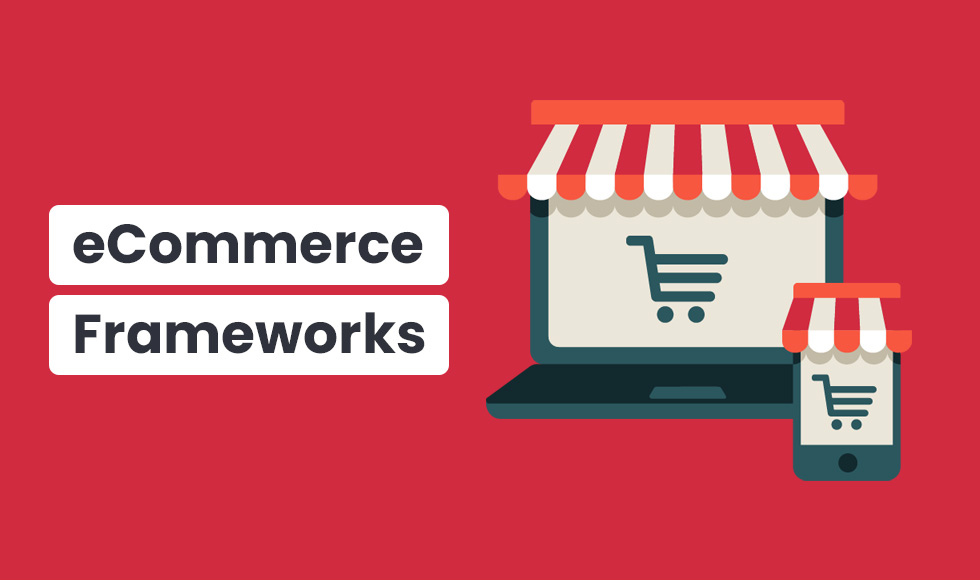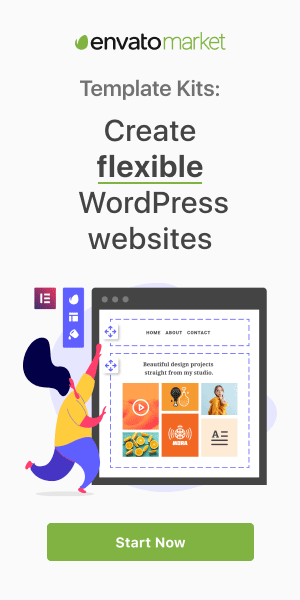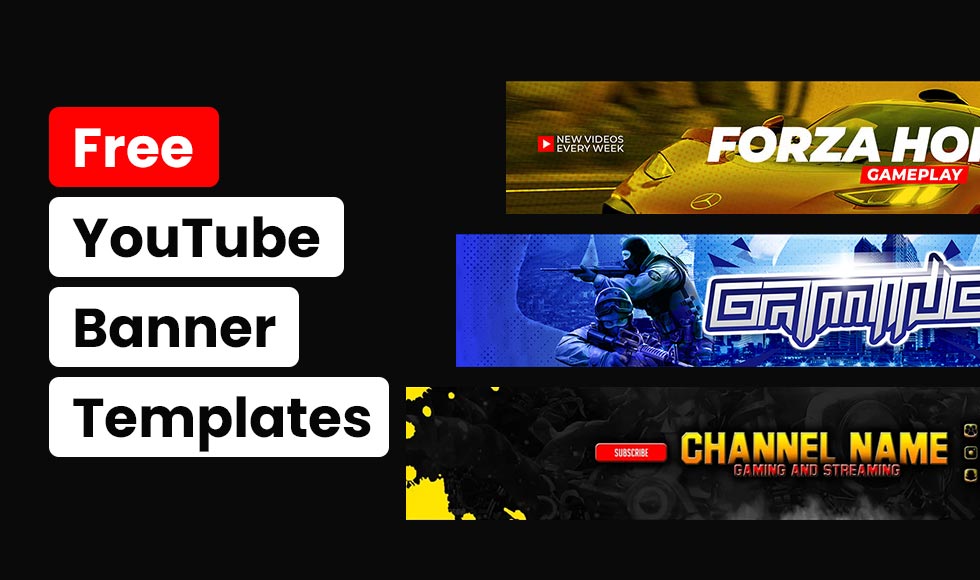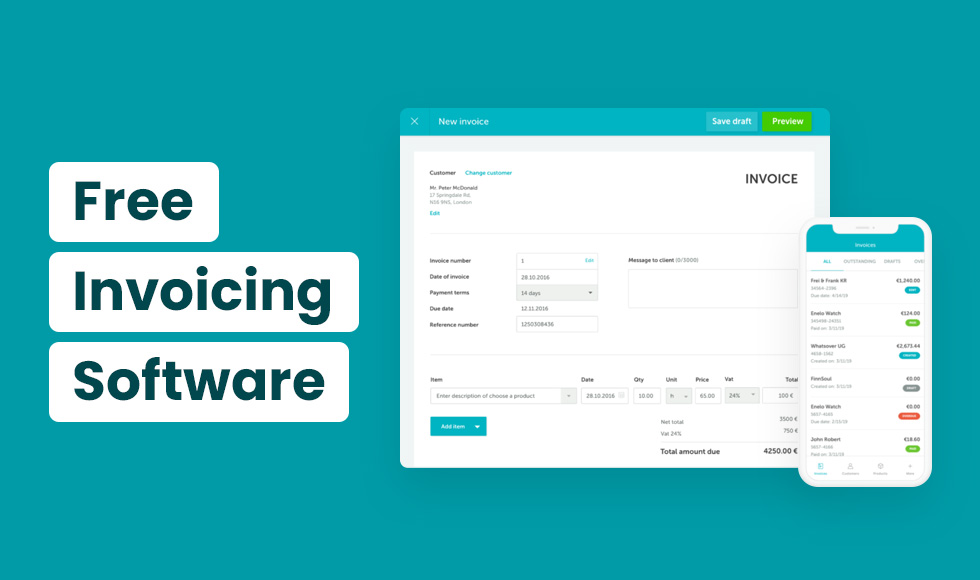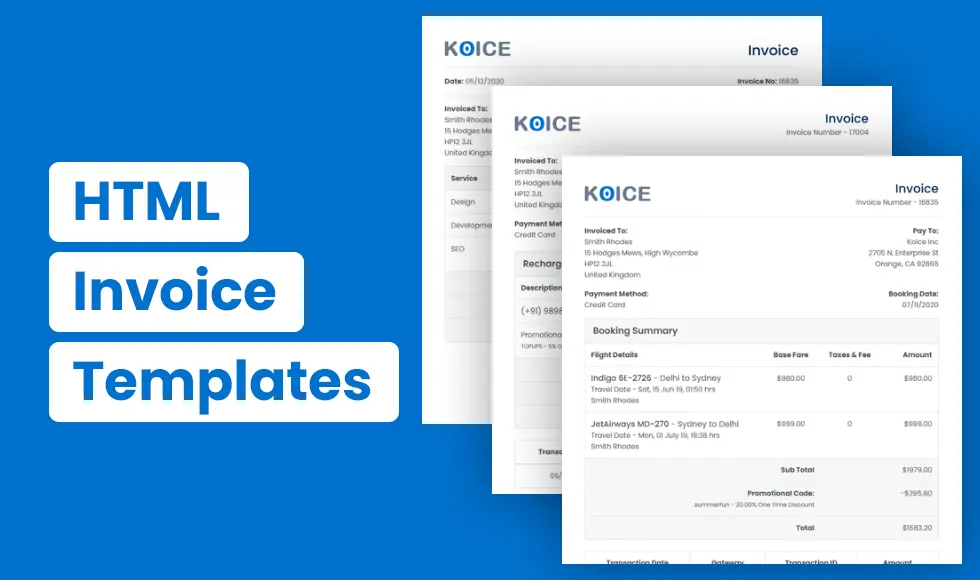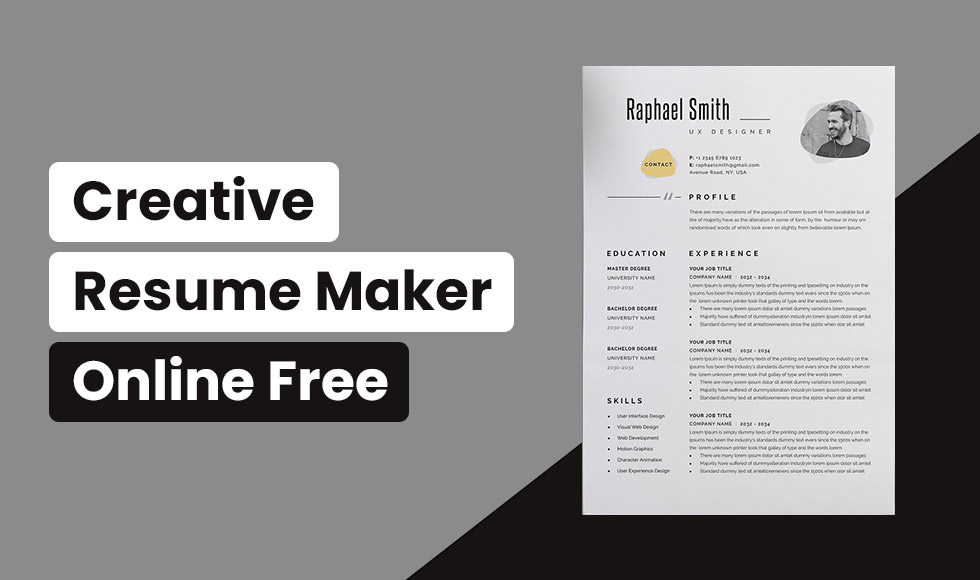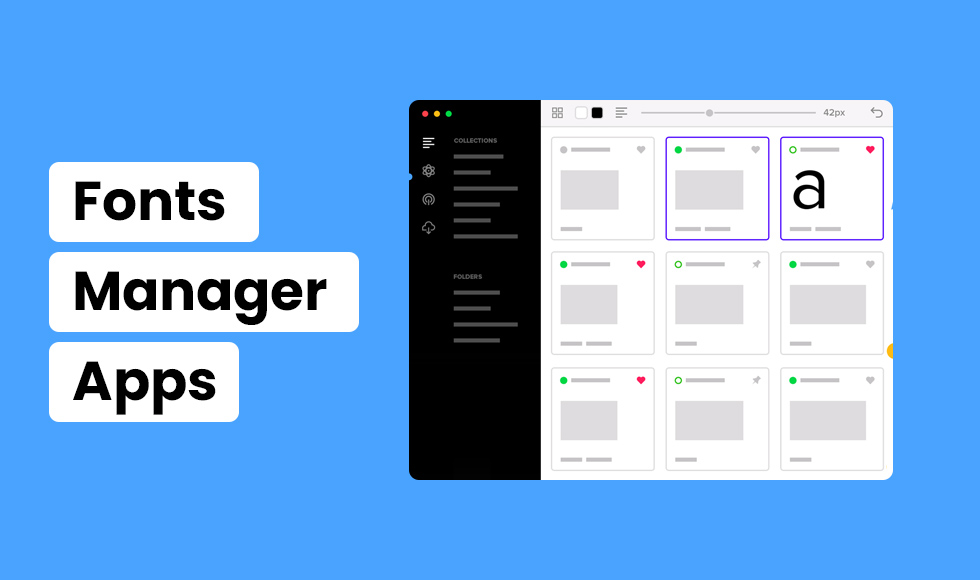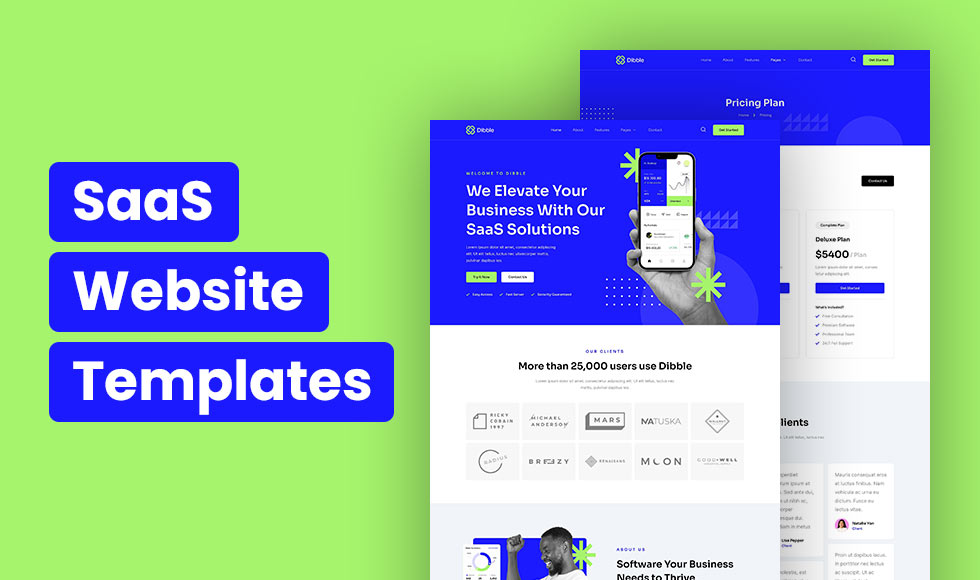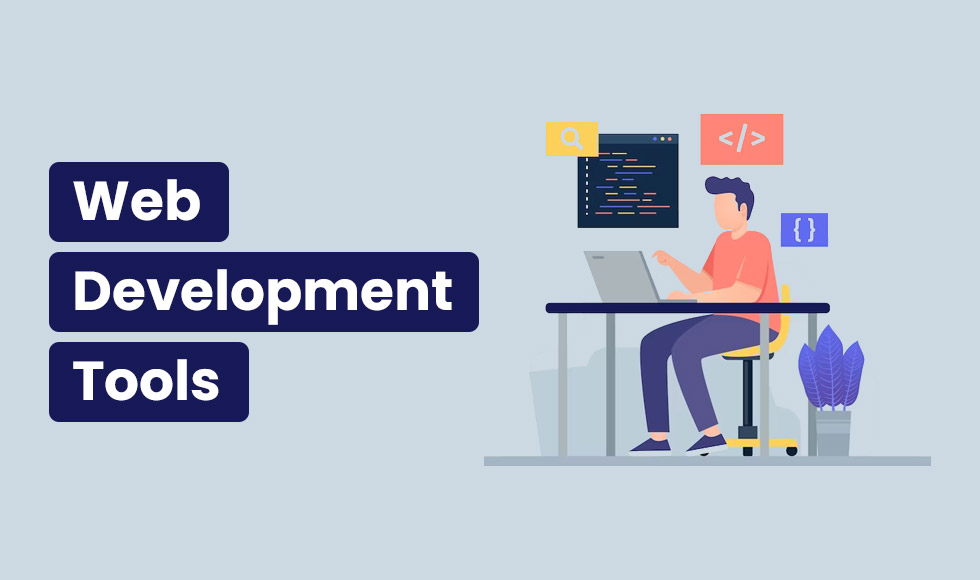Today, eCommerce is a brand-new aspect of business infrastructure that has increased customer acquisition and marketing strategies. Your business plan may need to be revised while creating the online store website, especially if eCommerce development is part of it.
Choosing a programming framework is one of the crucial steps in creating an eCommerce website because it dramatically impacts how well an app works and performs. An essential component of an eCommerce website is creating a fantastic and appropriate customer experience.
Modern development solutions are available to prepare the company for the fiercely competitive digital market. Depending on your demands and business models, you can choose from various eCommerce development frameworks on the market.
Frameworks for eCommerce Web Development
A framework is a collection of tools, libraries, and modules that makes it easier and faster to build software.
eCommerce frameworks let developers complete complex jobs quickly and efficiently while saving time by preventing numerous programming errors, excluding repeated code and repetitive programming
An eCommerce framework is built on a particular programming language and excels at specific tasks. They are typically created and tested by computer experts. Hence, assistance and helpful guidance are available if you run into problems.
Additionally, picking the appropriate framework can significantly affect your eCommerce project’s budget, so it’s critical to consider both the technical and commercial implications of your choice.
We’ve gathered a list of the top eCommerce frameworks in this section. Let’s examine some of the promising eCommerce frameworks most suited for creating online stores and discuss how they support this business strategy.
ReactJS
React received a lot of developer votes, which is not surprising. React’s ability to implement logic in front-end projects is solid and straightforward to utilise simultaneously. It provides users with reusable components, interface state synchronisation, templating systems, routing, and other significant capabilities.
The React library is the centre of an entire ecosystem, including many supporting tools and libraries. The React-DOM package, the React tools for the Chrome browser, and the create-react-app command-line tool are well-known ecosystem components.
Axios and Redux are just two of the numerous additional libraries for React.
React has been demonstrated to be among the finest for creating eCommerce websites. The React library can be your best option when designing an advanced web project for eCommerce. You can hire ReactJS developers to develop scalable, dynamic, secure, and interactive eCommerce applications.
Angular
Angular is the Google-powered JavaScript framework for eCommerce. Since it is open-source and requires less code, Angular has become increasingly popular among fans worldwide.
In turn, developers like this eCommerce framework because of its fantastic time-saving features like AngularFire, and Angular Elements and a wealth of valuable resources, SEO opportunities, and excellent community support, which are crucial for any eCommerce project.
Additionally, Angular offers eCommerce templates for quick shop development and improvement.
Laravel
Laravel is a PHP eCommerce framework built on object-oriented programming (OOP) ideas. It employs the model-view-controller (MVC) paradigm.
Because of the self-contained objects, this open-source eCommerce framework allows for quick debugging and flexibility by implementing a few functions that can be adapted to new classes.
The platform also allows for simple third-party integration, critical for eCommerce sites that interact with analytic tools, payment systems, and mail services. Furthermore, thanks to native protection against SQL injection and XSS threats, Laravel may provide exceptional site security.
Vue.js
React and Angular were significant influences on the concepts behind Vue. One of the best tools for front-end development is Vue in many aspects. The fact that there have been over 50 million downloads and that figure is rising proves this.
You can combine JavaScript code and HTML markup with Vue, a framework comparable to Angular. When using Vue, a component’s logic, layout, and styles are all kept in the same file.
Vue is a fantastic framework that is more usable than others. This framework is suitable for creating applications of all sizes but is more accessible than React and Angular.
One of the leading eCommerce development frameworks is Vue. The eCommerce future appears promising, given Vue’s success in establishing the industry standard among developers worldwide.
Ruby on Rails
Ruby on Rails is an established full-stack eCommerce framework best known as a toolkit for the Shopify app. Because it is compatible with free web servers and databases, the framework is considered cost-effective.
Ruby on Rails also features many off-the-shelf solutions, modules, and plugins, saving developers a lot of time and allowing for faster project launches. The framework includes built-in security against SQL, XSS, and CSRF threats, so eCommerce owners don’t have to worry about safety.
Django
Django is a Python eCommerce framework with a broad feature set, over 10,000 packages, and various support options. The framework’s component-based architecture offers a high degree of part separation, enabling programmers to build scalable solutions.
Django additionally encourages the creation of reusable applications from related functionality and offers ready-made code parts for fundamental activities. The framework is quick and efficient because of these qualities.
Flutter
Whenever planning to develop a Futuristic eCommerce Solution, the Flutter framework is the ideal choice for your e-store. This open-source mobile framework is designed in Dart, a modern language optimized for client apps.
It offers advantages such as excellent performance, a user-friendly UI, overcoming cross-platform limits, quick reload unified code, handy error handling, convenient server configuration, etc.
In 2022, it was the most popular choice for cross-platform mobile development, with various heavyweights such as Google Ads, Birch Finance, App Tree, and others adopting it to construct eCommerce tools.
ASP.NET Core
.NET is a scalable and robust e-commerce web app framework enabling users to construct dynamic, high-performance, scalable applications. eCommerce businesses can use the ASP.NET eCommerce framework to develop dynamic websites and interactive B2C solutions and manage their products in real-time.
How to Choose the Framework for an eCommerce Platform?
If you were unsure which eCommerce framework to employ for your final development, now you have a list of the greatest ones.
However, you must follow the procedures for selecting the eCommerce frameworks to pick the best one.
Identify the Business Requirements
Before selecting among the best eCommerce frameworks, you should know that every firm has different needs depending on its business model, sales ads, and items. Therefore, when choosing your eCommerce frameworks, ensure all business requirements are met.
Cost of Purchase
The framework’s cost must be considered after determining your company’s requirements. Understanding how the cost of ownership may affect your company’s finances is crucial.
The Scale of Expansion
The goal of every company is growth. Ensure the framework you select offers you a wide range of opportunities for development and expansion.
If your company wishes to reach an international audience, you must have compliance with foreign laws, robust multi-currency capability, and international regulations. So pick the framework that makes everything convenient for you.
Conclusion
Finding the best eCommerce architecture framework and creating an online business is complex. To help you decide, we recommend researching and locating eCommerce websites you like.
Pay attention to their speed, interfaces, given client path, and payment mechanisms. Then try to figure out what technology was utilized in their construction, and if it fits your eCommerce needs or not. Also, compare the variants and their prices to establish your requirements. And choose the best to make the most stunning, growing, & rewarding eCommerce solutions for your business.

